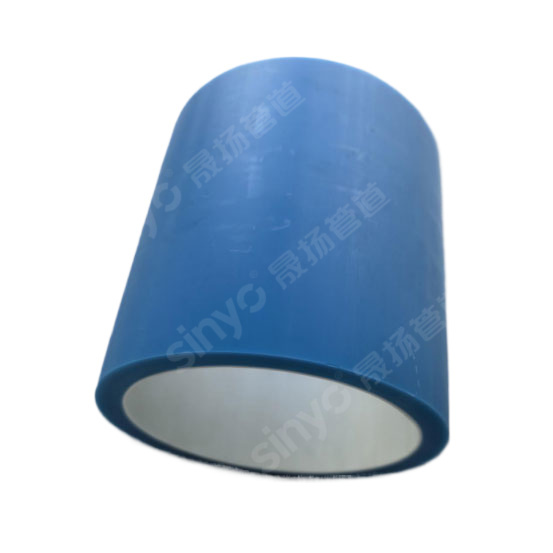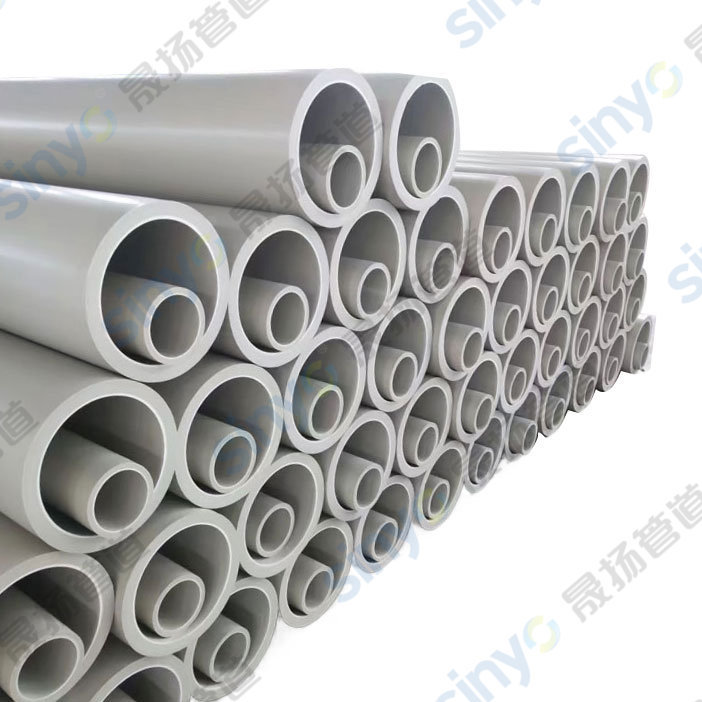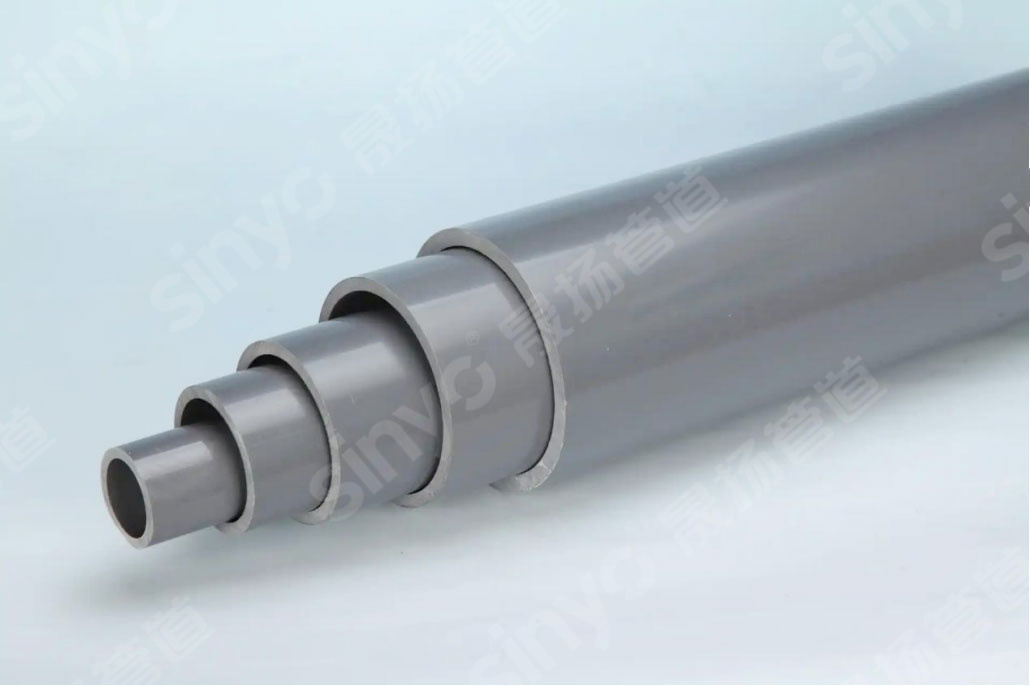Product Categories
Contact Us
Email:
sypipe@163.com
Tel:
0591-62838555 62838666
Mobile:
13313753359
Address:Fuqing Yuanhong Investment Zone, Fujian Province
PVC conduit
- Commodity name: PVC conduit
Keywords:
PVC conduit
- Product Description
-
Flame Retardant Properties: Both PVC and PVC-C materials have excellent flame retardant properties and self-extinguish upon removal from a flame.
High Impact Resistance: PVC electrical conduits can withstand the impact of a 1kg weight dropped from a height of 2m at 0°C, demonstrating that the material's low-temperature impact resistance fully meets the requirements of construction site conditions.
Insulation Properties: PVC electrical conduits can withstand voltages exceeding 30,000 volts.
Compressive Strength: After material modification, the ring stiffness of PVC electrical conduits reaches 10KN, significantly higher than the national standard of 8KN or more for buried plastic pipes.
Heat Resistance: Compared to ordinary UPVC corrugated pipes, PVC electrical conduits have a 15°C higher heat resistance and can maintain their shape and sufficient strength at temperatures above 93°C.
Material Characteristics: PVC electrical conduits primarily use PVC-C resin, known for its excellent heat resistance and insulation properties. PVC products are widely recognized as environmentally friendly, and their superior physical and chemical properties are increasingly valued by the industry.
Keywords:
Get a Quote
Note: Please leave your email address, and our professionals will contact you as soon as possible!
Related Products





